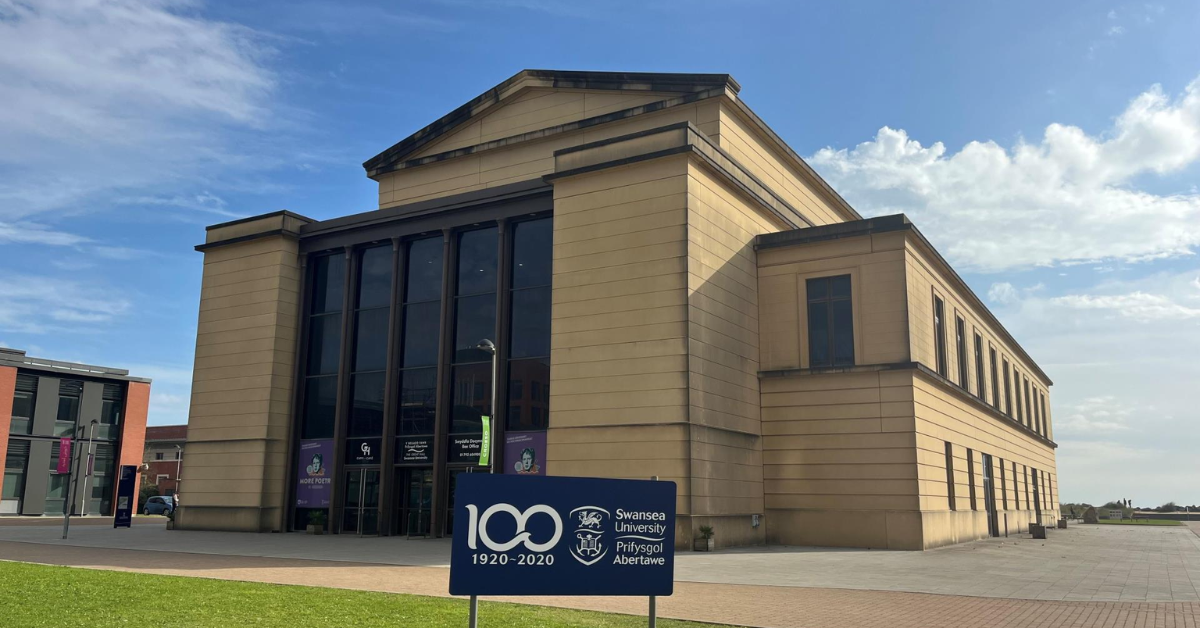Transformation Sceptics Anonymous
The Transformation Conversation: A quick round-up of AHUA member thoughts on sector challenges and the power of collaboration.

From time to time, AHUA hold private online forums called Membership Exchanges for small groups of members to convene and share thoughts on a particular subject, challenge or opportunity. These groups operate under the Chatham House Rule as a valued way for members to share specific issues with a small group of trusted peers. Hence, I will not be sharing any specific details or crediting particular points of wisdom to individuals. I did, however, want to share a few of the key themes we touched on that I think might have interest, relevance or be thought-provoking more widely. The subject of this month’s Member Exchange was ‘Transformation Sceptics Anonymous’ and was designed to air the challenges and anxieties about continued talk of transformation, along with some possible solutions or enablers in response to those reservations.
Who provides the Brokerage?
There was some discussion about who provides the brokerage for collaborative endeavour. Perhaps the effects of a rapidly contracting competitive market include limiting open, trust-based dialogue about challenges and opportunities between institutions or between the sector and government. That deficit in brokerage and convening power leaves coalitions to form, such as those within mission groups or locality, which don’t always have well-considered stewardship to drive outputs with a degree of independence. That lack of independent stewardship is perhaps key if and where institutions and big personalities need to take themselves out of the equation and consider what’s right for the organisation(s) and communities they serve. The brokerage will additionally need to respect and support differences and diversity of need. The more it can bring together different institutions with different needs, the more likely it is to find interesting partnerships. A group of institutions with fundamentally different estates/teaching profiles/research intensity/student demographics might be able to collaborate more creatively and positively than two institutions where one is simply wealthier than the other.
Complexity Drives Cost
It was observed that finding the sweet spot for collaboration is very hard – projects that are worthy of time and commitments need to be affordable (given the absence of seed funding), fairly quick to deliver (especially with leaner workforces to design and project manage change) and despite their low investment and easy to implement nature should be able to deliver real change. The low-lying fruit is already picked, and further initiatives that deliver the scale of change needed are unlikely to be easy. The next wave of projects might involve more fundamental compromises. For example, they are likely to need to reach more commonly beyond the confines of professional services and into academic and research models and practices, and may need to move away from using fees to invest in elements of student support that some might argue should more commonly be provided by the state, etc. They are also likely to require forms of investment and political leadership to pass passage through a wider set of interests and concerns, including regulatory interests in some instances. Finding that ideal opportunity – the project that delivers real, meaningful and long-term change in ways that are realistic, pragmatic and affordable perhaps requires the initiative to drive out complexity from within the project and the institutions involved.
Use what we have better, use shared procurement where we have to buy in or develop new.
We discussed the leak of money from the sector into external and private companies, that is sometimes necessary where capabilities don’t exist internally. That, perhaps for too long, we had used external organisations to deliver outputs when we lack, for example, the data capability to generate and manage our own benchmarks or the objectivity to steer the forensic review of our financial model. But this strategy is both expensive and masks the need for the sector to develop its own register of capability: the intellect and knowledge it holds, the assets and products we have established, the capability and resources that we have amassed. A register of capabilities could provide a scope of services available within the sector itself and ready to deploy amongst ourselves. Perhaps it would also identify the gaps where there is no capability and there is a holistic demand, and with this knowledge, we would be best placed to jointly procure external contracts that deliver maximum value rather than establish independently, often procuring the same widget or advice our neighbour down the road has already sourced.
Round up
There was strong support for the work UUK are leading with the task force, and it was recognised that in many ways, they are trying to provide the brokerage we identify as missing. The group, who had differing opinions, expectations and needs, did recognise that in amongst the scepticism is a need to reinvent our organisations, structures and business model and that some of that should be collaborative to leverage the scale of change that is needed. There are reservations and barriers identified (incidentally, the most unifying view was the absurdity that VAT implications disincentivise shared services and removing that expensive barrier should be a priority for government to consider) but also a strength of desire and belief that universities have within the sector the quality of people and the enduring mission that can and will find ways to ensure we continue to deliver for the students, staff and communities we serve.
Related Blogs



